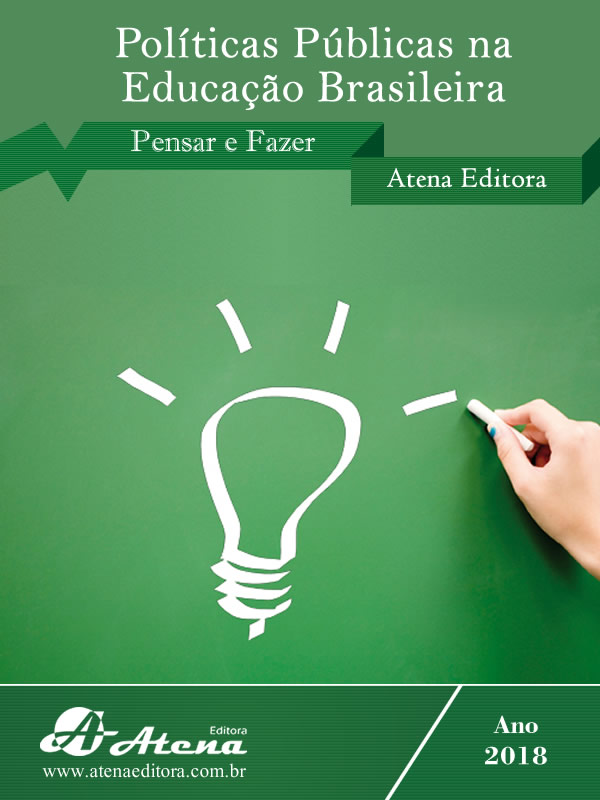
A DEMANDA DE UMA CONSCIÊNCIA CRÍTICA E POLÍTICA: O PAPEL DA EDUCAÇÃO MEDIANTE A FRAGMENTAÇÃO DO SABER E A FORMAÇÃO DO TRABALHO NA ATUALIDADE BRASILEIRA
O trabalho aborda como o conhecimento no âmbito escolar está sendo
gerido contemporaneamente diante das novas demandas neoliberais para a
educação, enfatizando o reflexo da fragmentação do saber e da consolidação de
medidas voltadas para o ensino técnico mediante a Reforma do Ensino Médio (Lei
nº 13.415, de 16 de fevereiro de 2017), na qual se predominam práticas que
reestruturam a permanência da hierarquia político-social do país; e, no âmbito do
trabalho, com a Consolidação das Leis do Trabalho (Lei nº 13.467, de 13 de julho de
2017) que enfoca como a educação e o trabalho são predominantes ao sistema
capitalista. A educação, tratada como mercadoria, vem delimitar as novas demandas
deste sistema, perpetuando um conhecimento que se volta para o âmbito do
trabalho, da “produção de massas”, e não mais do ser social como proposta de
consolidação de uma efetiva educação, onde leis são geridas sem compreensão da
totalidade social, evocando a necessidade de alternativas na prática histórica.
Desse modo, a pesquisa desenvolvido com apoio das discussões e atividades
realizadas pelo projeto “Ensino de Geografia e Filosofia: questões ontológicas,
epistemológicas e ético-políticas na perspectiva socioespacial das escolas públicas
no Agreste paraibano”, mediante o Programa Institucional de Bolsas de Iniciação
Científica (PIBIC/CNPq), debate sobre como se estrutura a educação em meio a
essas novas reformas e propõe reflexões de que, metodologias efetivas, professores
ativos e uma educação problematizada, crítica e política podem ser a chave para
romper com a lógica do fatalismo, de um sistema que não pode ser reformulado.
A DEMANDA DE UMA CONSCIÊNCIA CRÍTICA E POLÍTICA: O PAPEL DA EDUCAÇÃO MEDIANTE A FRAGMENTAÇÃO DO SABER E A FORMAÇÃO DO TRABALHO NA ATUALIDADE BRASILEIRA
-
DOI: Atena
-
Palavras-chave: reformas, fragmentação do saber, consciência crítica e política, educação neoliberal.
-
Keywords: reforms, fragmentation of knowledge, critical and political consciousness, neoliberal education.
-
Abstract:
The paper discusses how knowledge in the school context is being
managed contemporaneously with the new neoliberal demands for education,
emphasizing the reflection of the fragmentation of knowledge and the consolidation
of measures aimed at technical education through the Reform of Secondary
Education (Law nº 13.415, of February 16, 2017), in which practices that restructure
the permanence of the political-social hierarchy of the country predominate; and in
the scope of work, with the Consolidation of Labor Laws (Law 13467 of July 13, 2017)
which focuses on how education and labor are predominant in the capitalist system.
Education, treated as a commodity, delimits the new demands of this system,
perpetuating a knowledge that goes back to the scope of work, of "mass production",
and no longer of the social being as a proposal to consolidate an effective education,
where laws are managed without understanding the social totality, evoking the need
for alternatives in historical practice. Thus, research developed with the support of
the discussions and activities carried out by the project "Teaching Geography and
Philosophy: ontological, epistemological and ethical-political issues in the socioPolíticas
spatial perspective of public schools in Agreste Paraíbano", through the Institutional
Scholarship Program of Scientific Initiation (PIBIC/CNPq), discusses how education is
structured in the midst of these new reforms and proposes reflections that effective
methodologies, active teachers and problematized, critical and political education
may be the key to breaking the logic of fatalism, of a system that can not be
reformulated.
-
Número de páginas: 15
- Francinalda Maria da Silva


